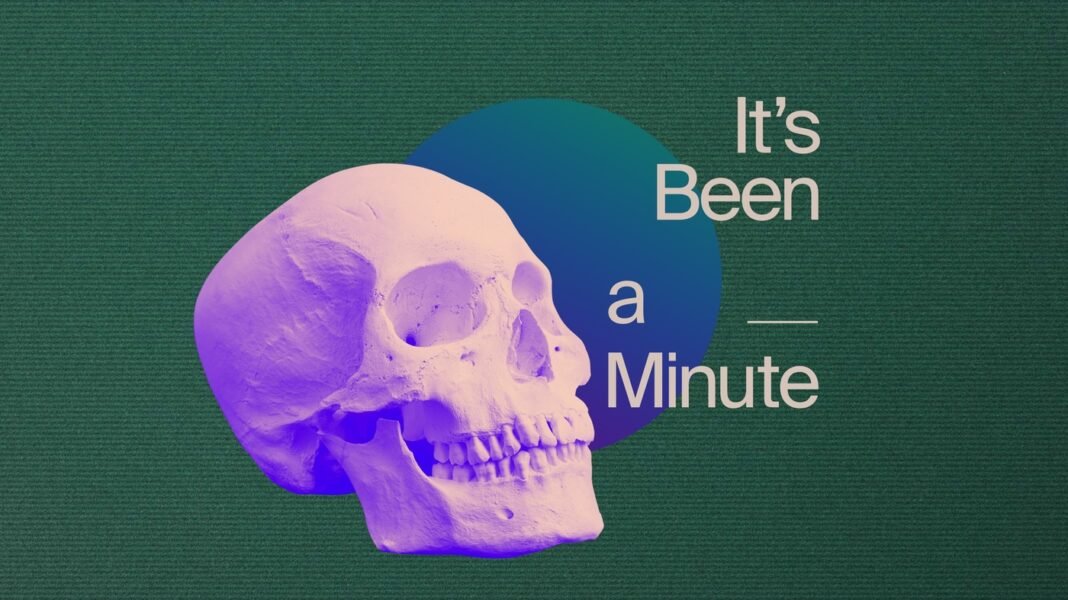
Why is phrenology back?
Canva
hide caption
toggle caption
Canva

Why is phrenology back?
Canva
Can the shape of your skull or the look of your face say something deeper about you? Like – if you’re a good parent? Or if you’re smart? Or if you’re more likely to be a criminal? Well – the answer is no, absolutely not. But in the past, some scientists used the pseudosciences of phrenology, which studied the skull, and physiognomy, which studied the face, to try to prove that how you look says something about who you are on the inside. Again, it’s junk science. But something peculiar is happening: it seems like there’s been more interest lately in some of the ideas behind phrenology and physiognomy. From “witch skulls and angel skulls,” to the skull geometry of transvestigations, to the question of whether AI can detect gay faces – it seems like more and more, people want to categorize each other with just a look at their heads. Brittany is joined by Yale professor of philosophy Lily Hu and Rolling Stone culture writer Miles Klee to understand the appeal and the consequences of fake skull and face science coming back around in the culture.
Support public media and receive ad-free listening & bonus content. Join NPR+ today.
This episode was produced by Liam McBain. It was edited by Neena Pathak. Our Supervising Producer is Barton Girdwood. Our Executive Producer is Veralyn Williams. Our VP of Programming is Yolanda Sangweni.




